It’s been more than half a year since Tokyo Ghoul: re ended, but does this mean the Tokyo Ghoul franchise has been brought to a close? Let’s go over the details.
The production of Tokyo Ghoul is quite confusing. With Tokyo Ghoul and Tokyo Ghoul Root √A barely following the source material and Tokyo Ghoul: re S1 and 2 having a shaky yet faithful adaptation, there seems to be very clear about either. What is the relation between the two?
Tokyo Ghoul is the prequel series to Tokyo Ghoul: re. Tokyo Ghoul shows an inexperienced Kaneki Ken struggling with his exposure to the underworld while Tokyo Ghoul: re takes place two years later where we see an older Kaneki neck-deep in the world of ghoul politics.
Tokyo Ghoul and its season 2 (Root √A) follows the journey of Kaneki Ken and his immersion into the world of Ghouls where he’ll find his own identity. Whereas, Tokyo Ghoul: re is a sequel to the anime yet, it disregards many events from season 2. A major reason for it is the decision of the production house to experiment with the season to create more original content. Tokyo Ghoul: re follows an amnesiac Kaneki Ken under the identity of Haise Sasaki, who is now part of the CCG leading the Quinx Squad – made up of human-ghoul hybrids that attack and defeat ghouls. With the conclusion of these seasons, has the anime ended for good?
PRODUCTION DATES
Tokyo Ghoul manga was published from September 8th, 2011 till September 18th, 2014. The anime adaptation ran from July 4th, 2014 to September 19th, 2014 with Root √A following suit from January 9th, 2015- March 27th, 2015. Meanwhile, Sui Ishida began publishing the sequel manga Tokyo Ghoul:re from December 19, 2016 which concluded on July 19th, 2018.
Upon the conclusion of Tokyo Ghoul: re, Sui Ishida took to Twitter to thank his fans and the staff that worked with him to publish Tokyo Ghoul. Since the conclusion of Tokyo Ghoul: re, Sui Ishida has not published any content for the Tokyo Ghoul franchise and has moved on to a new project for Nintendo Switch called Jack Jeanne.
WILL AN ANIME BE PRODUCED?
Studio Pierrot has exhausted the source material with the climax of Tokyo Ghoul: re in 2018. But does that necessarily mean that there won’t be more Tokyo Ghoul? I theorize that there won’t be any further production of a Tokyo Ghoul anime since Studio Pierrot’s decision to make original content with Root √A backfired. Therefore, I doubt Studio Pierrot would invest more money in a project that would be unfavourable to them and also, the audience. With no source material, Studio Pierrot’s best bet is OVAs which may be made in the future. But given the bittersweet ending of Tokyo Ghoul: re, it’s best to leave the franchise be. Studio Pierrot is also currently working on its newer projects such as Boruto: The Next Generations, Black Clover and Hero Mask (which is available on Netflix). Black Clover has been making its name as one of the most popular current anime. Therefore, it’s highly unlikely that Studio Pierrot would do a 360 and give out more Tokyo Ghoul content unless it’s an anniversary or any special occasion.
TOKYO GHOUL LIVE ACTION FILMS
The production of Tokyo Ghoul anime has ended yet Tokyo Ghoul franchise had a recent addition to it in the form of a live-action film. Tokyo Ghoul S, the sequel to the first Tokyo Ghoul live-action film released on July 19th, 2019. The films are received with mixed reactions but do work well in the box office. Currently, live-action films are the only medium through which we can enjoy more Tokyo Ghoul content.
STUDIO PIERROT’S STAND
Given that Studio Pierrot has shown strong feelings towards “anime-only” or those who dive into the anime without reading the manga, it explains the rushed pace of the anime and the lack of context provided to anime-only fans. This would require fans to read the manga itself. Studio Pierrot’s personal agenda has influenced its production decisions. So, the fact that the manga has ended and there is no more source material is evident enough that Tokyo Ghoul would not be produced.
FAN RESPONSE
Fan responses to Tokyo Ghoul have deteriorated as the years went by. Keeping the nonchalant adaptation of Tokyo Ghoul in mind, fans prefer to read the manga instead. So, any news about the production of Tokyo Ghoul anime would not be met with any enthusiasm. Any addition to the franchise would come in the form of events, OVAs, live-actions and merchandise. Fans’ lack of enthusiasm towards the idea of more Tokyo Ghoul adaptations will push Studio Pierrot towards other projects.
NO OFFICIAL NEWS
There has been no official news on the possibility of more content. The tweets of creator Sui Ishida towards the staff implies the ending of a business relationship between the two – on good terms seemingly. Both the studio and creators have moved on to projects they’re happy with. Fans have been grumbling with disappointment due to the mismanagement of Tokyo Ghoul but one cannot deny that the manga still exists for them to indulge in.
POSSIBLE REBOOT?
This possibility is a far fetched one but a lot of anime have come and gone – sometimes making a comeback with a reboot from a different studio. Reboots have been gaining some momentum in the industry with Berserk’s reboot in 2016, Fruits Basket in 2019, Dororo in 2019 and many more. The circumstances around Tokyo Ghoul are perfect for a studio to invest in – but such a possibility will take years to come to fruition. Till then, we must bid adieu to Tokyo Ghoul anime and the manga. It was a painfully real journey of understanding how a studio’s decision can hurt really good content. The potential for Tokyo Ghoul was immense but this was only unlocked in the manga.
With the conclusion of the 4 seasons of Tokyo Ghoul, the rocky journey has definitely come to an end. The Tokyo Ghoul handled by Studio Pierrot and the one handled by the creator has a drastic difference that one should definitely explore – looking at you anime-only. Tokyo Ghoul as an anime imploded but as a manga, it holds it’s own much better.
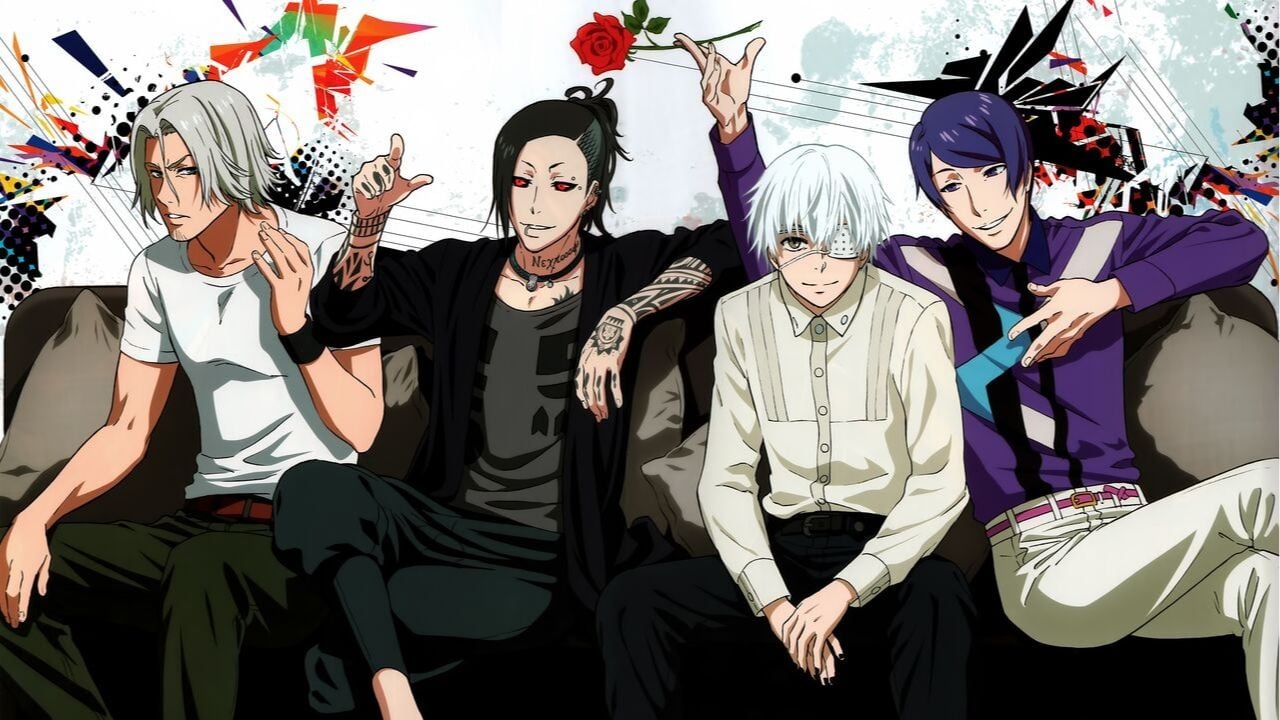


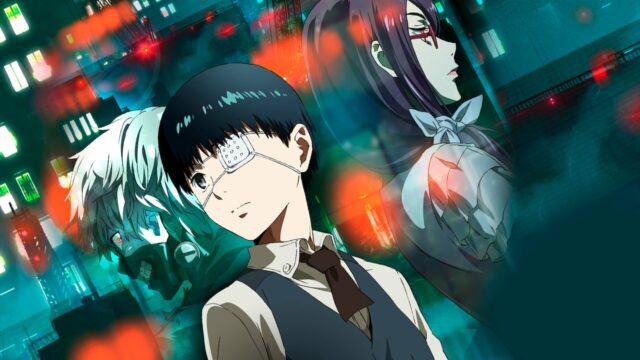
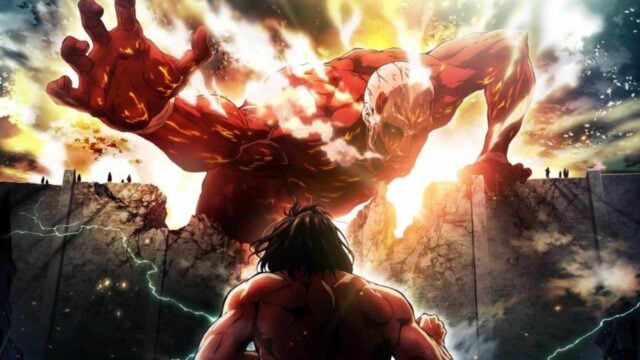
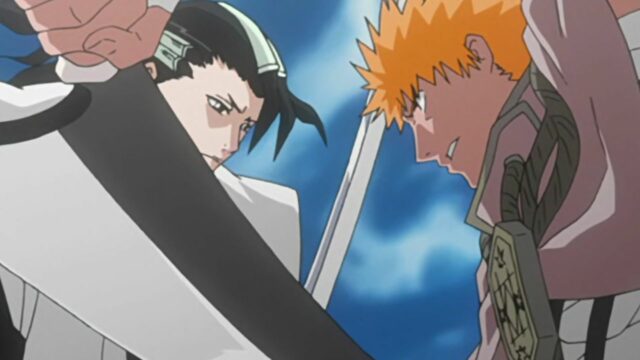
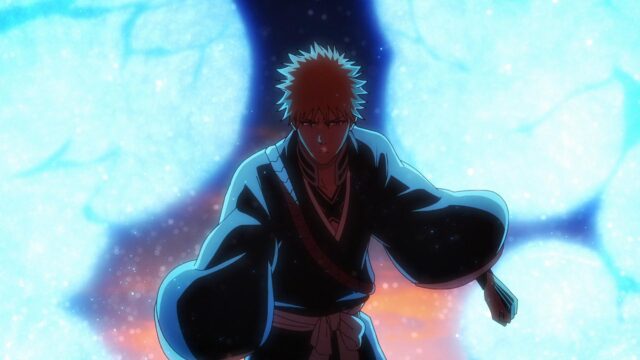
No Comments on Is Tokyo Ghoul anime over?